Jan Hellriegel
Jan Hellriegel likes to do things her own way. She has enjoyed the high profile that comes with a national hit single, a pair of major label albums, television appearances in high-rating dramas and commercials.
Jan Hellriegel - Misadventure (live on MTV NZ)
Jan Hellriegel - It's My Sin
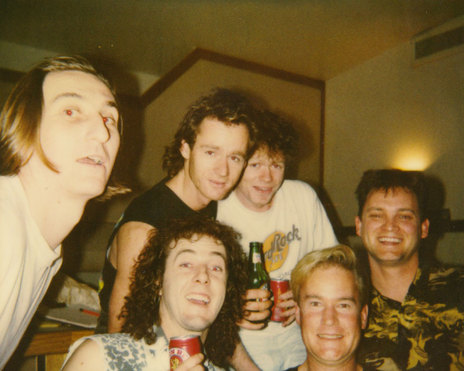
The Jan Hellriegel band in 1991 at Auckland's Airforce Studios recording It's My Sin: Wayne Bell, Mark Petersen (rear), Tony Lumsden (front), Neil Baldock, Mark Bell and producer Nick Morgan
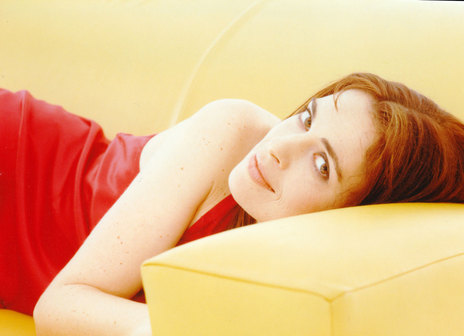
From a 1995 More magazine photoshoot
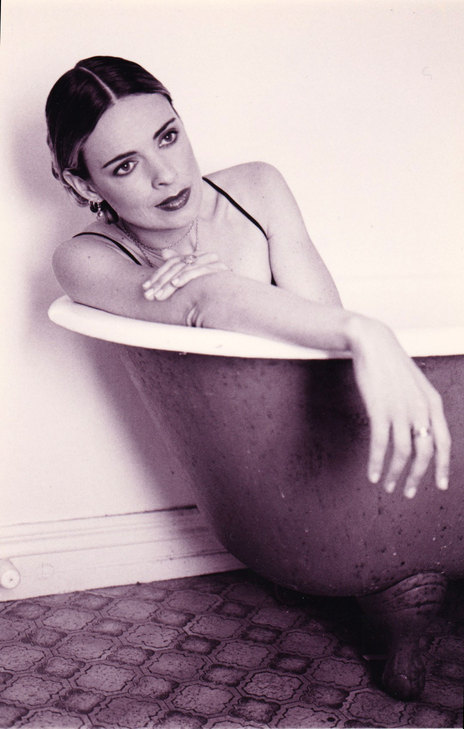
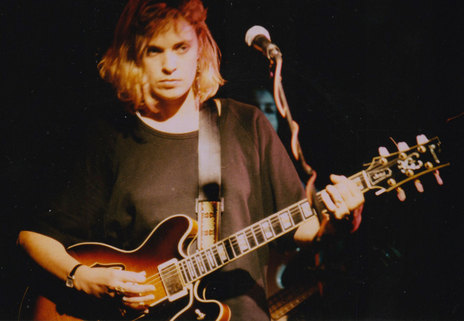
Jan Hellriegel with Cassandra's Ears
Jan Hellriegel - No Idea (from It's My Sin)
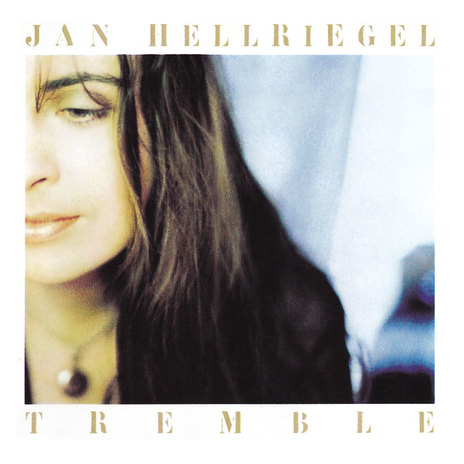
Jan Hellriegel's second album Tremble, from 1995
Nightline interview with Jan Hellriegel (1990)
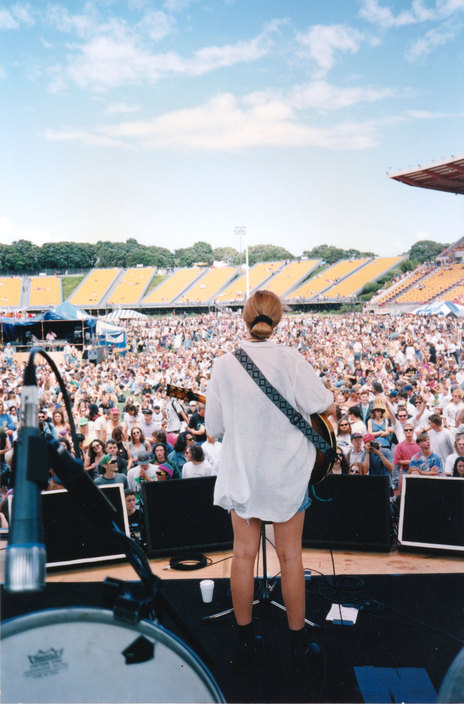
Jan on the stage of the first Auckland Big Day Out, 1994
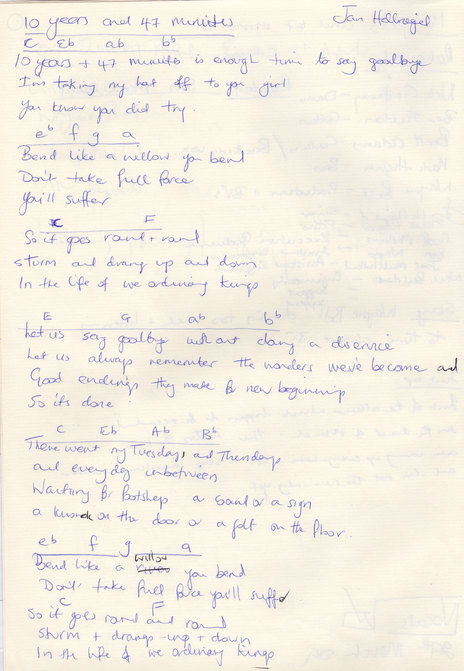
The lyrics to 10 Years And 47 Minutes
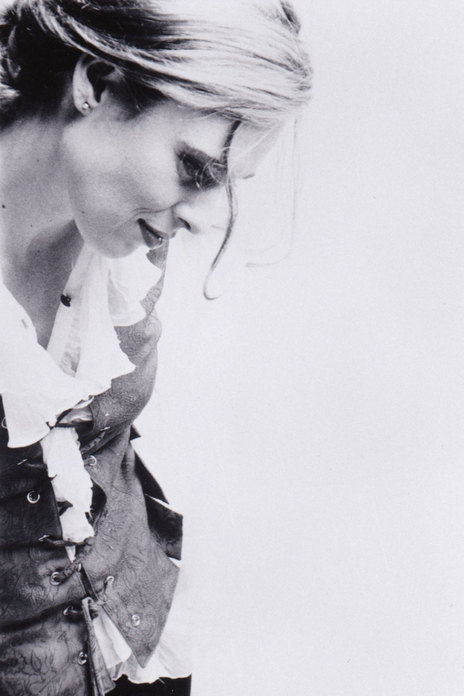
The primary publicity shot used for the 1992 album It's My Sin
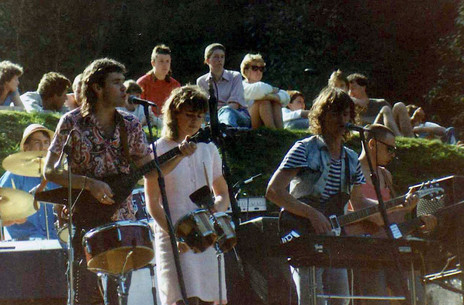
Jan Hellriegel, 2nd from left, with Walking With Walt, Chingford Park, Dunedin 1986
Photo credit:
James Dignan collection
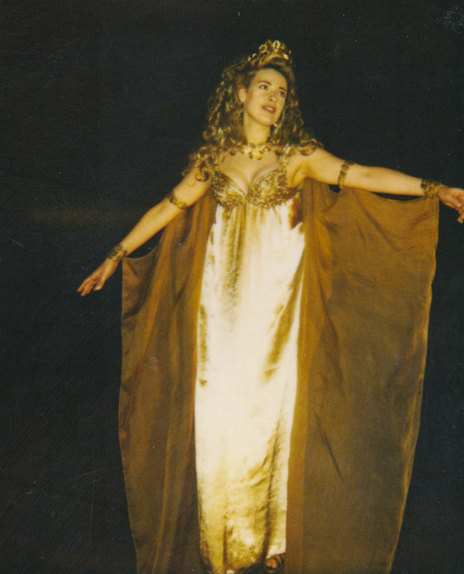
Jan Hellriegel on Xena: Warrior Princess
Jan Hellriegel on Debbie Harwood's 2007 Classic Hits radio series Give It A Girl
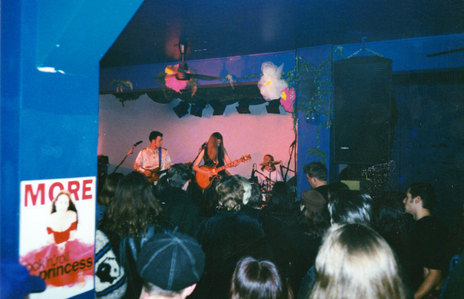
The Tremble release party at Squid in Auckland's O'Connell Street
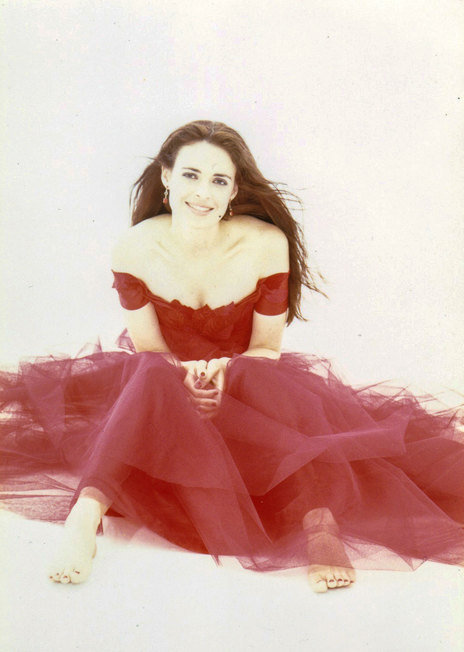
A shot used for the cover of More Magazine, 1995
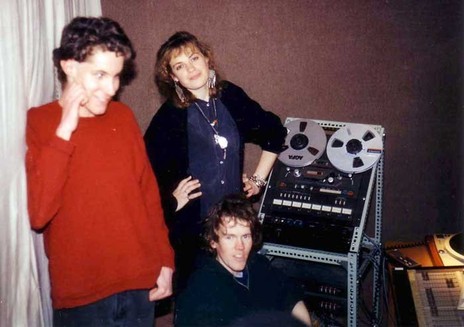
The Radio One production studio staff, 1987: Brendon FItzgibbon, Jan Hellriegel, and Mike Stoodley
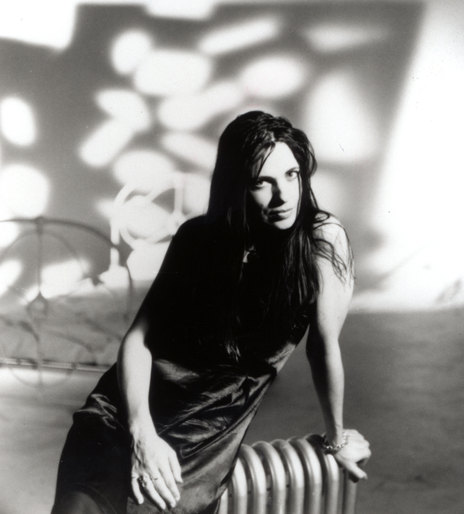
Jan Hellriegel, March 1995
Photo credit:
Photo by Paul Elliott
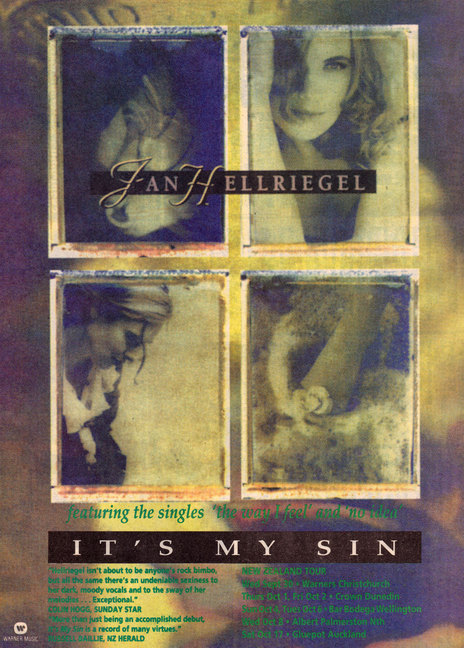
The 1992 press advert for It's My Sin
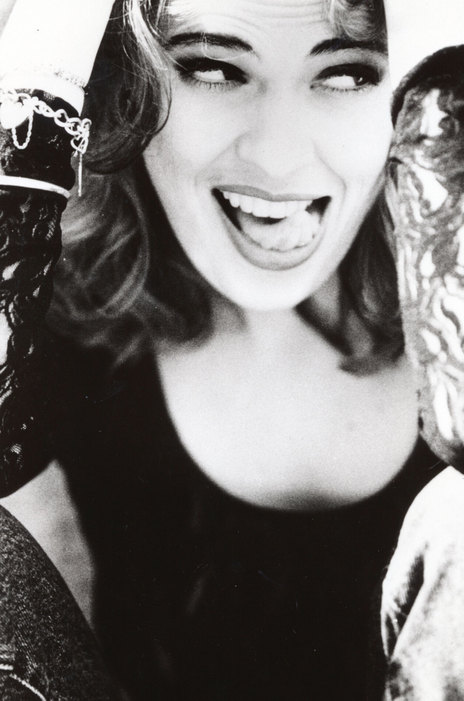
1995 Warner Music publicity shot, used by several magazines both in NZ and in Australia
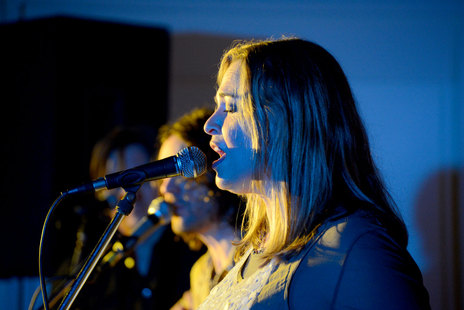
Jan Hellriegel
Jan Hellriegel - Pure Pleasure (from Tremble)
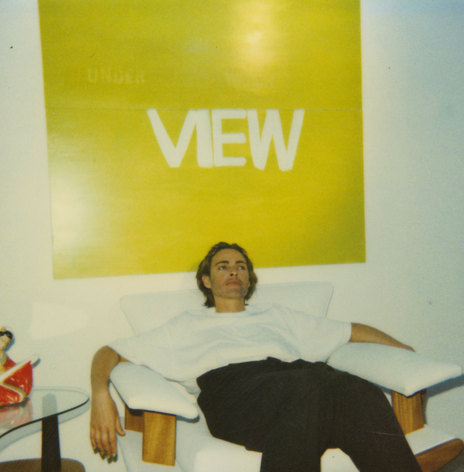
Polaroid of Jan during the 1999 Melusine video shoot
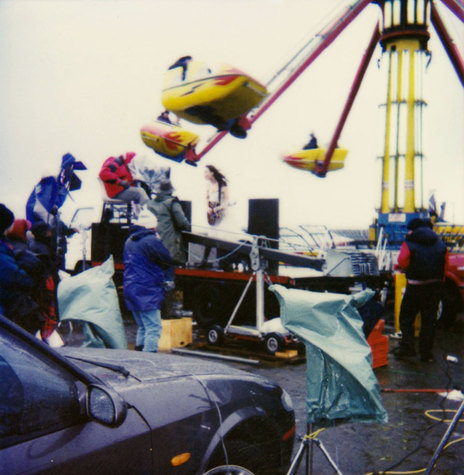
Jan filming a Ford advert, 1996
Photo credit:
Jan Hellriegel collection
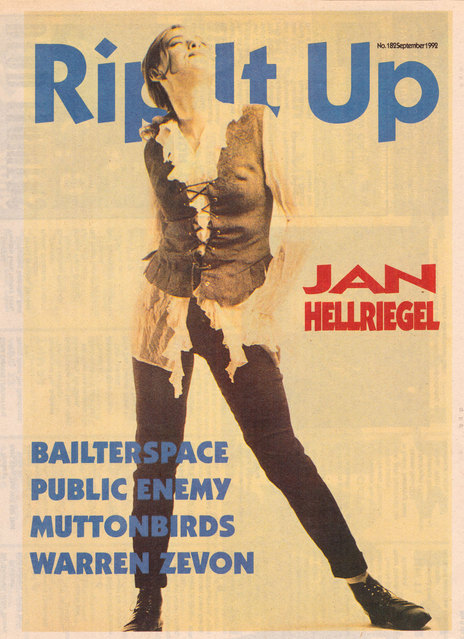
Rip It Up September 1992
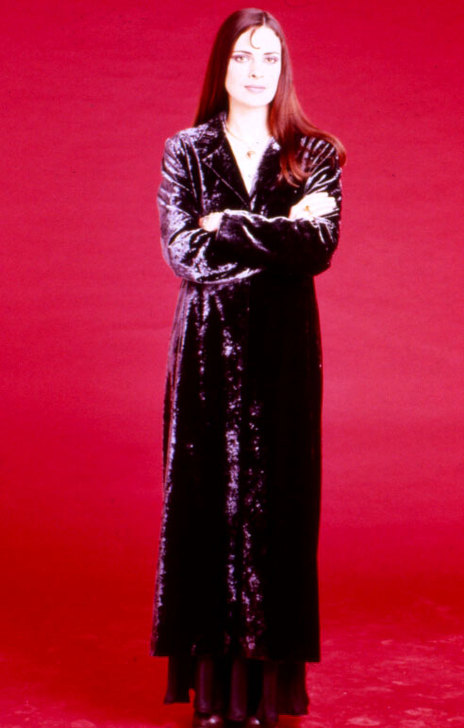
Jan Hellriegel
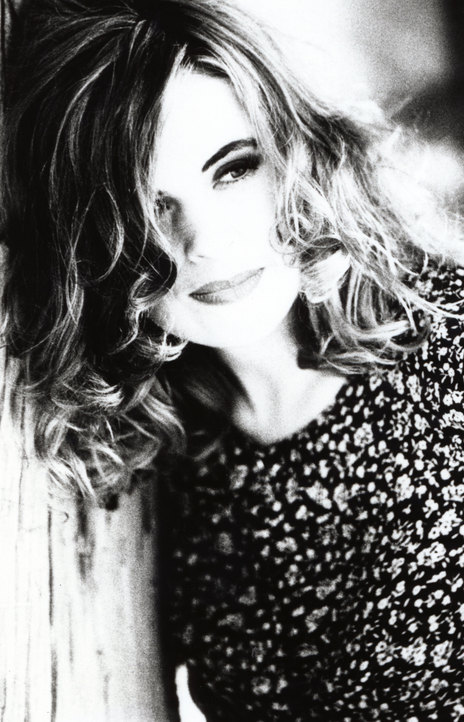
Jan Hellriegel, 1995
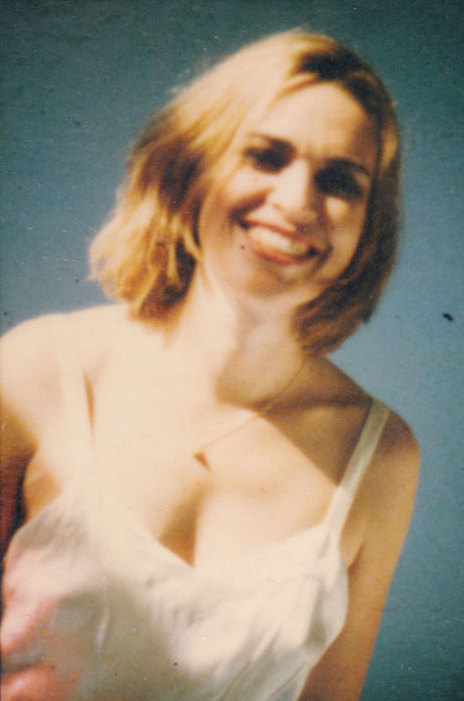
A polaroid from the shoot for cover of 1997's Sentimental Fool single
Jan Hellriegel - Bottom Of My Heart (Cherry)
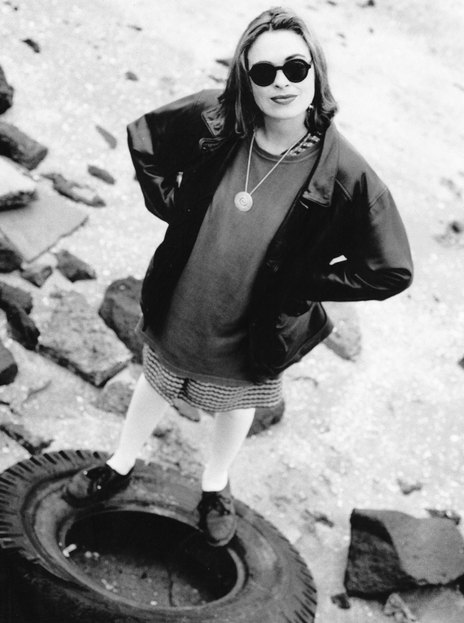
Jan Hellriegel, 1992
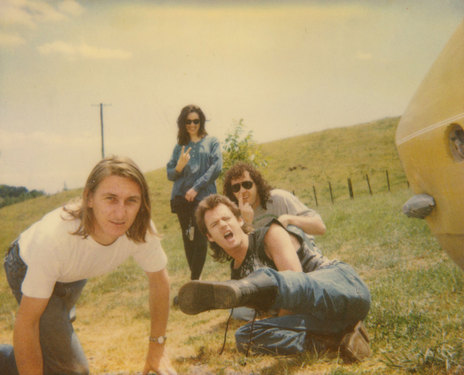
At Mountain Studios in Tauranga, the It's My Sin band - from rear: Jan Hellriegel, Tony Lumsden, Mark Petersen, Wayne Bell. Missing is Mark Bell.
Jan Hellriegel - Filled Me Up (Live at the Wintergarden, October 22, 2009 at the launch of All Grown Up)
Jan Hellriegel - Waves (live at the Gluepot 1990)
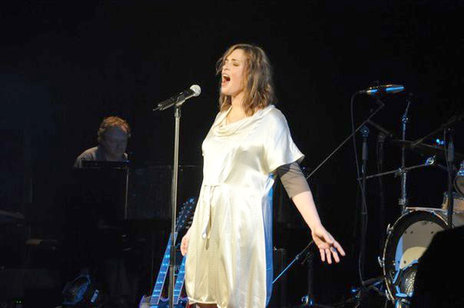
Jan Hellriegel at the October 2009 All Grown Up show at the Civic Wintergarden
Photo credit:
Photo by Michelle Cutelli-Male
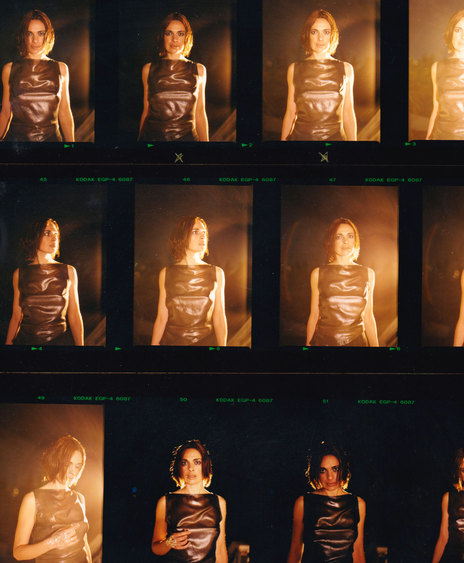
Proof sheet from the 1999 Melusine shoot
Photo credit:
Photos by Marissa Findlay
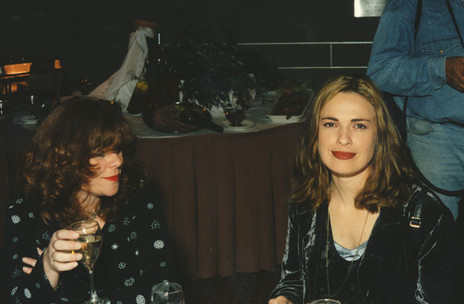
Promoter Louise Hunter and Jan Hellriegel
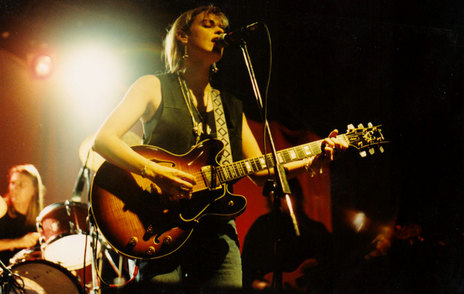
Wayne Bell and Jan Hellriegel on her 1992 New Zealand tour
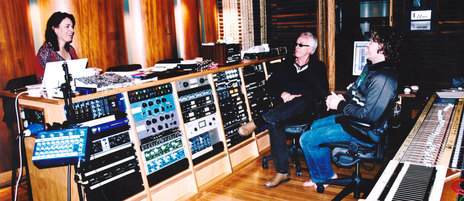
Jan Hellriegel, Eddie Rayner and Neil Baldock at Roundhead Studios, Auckland, 2009
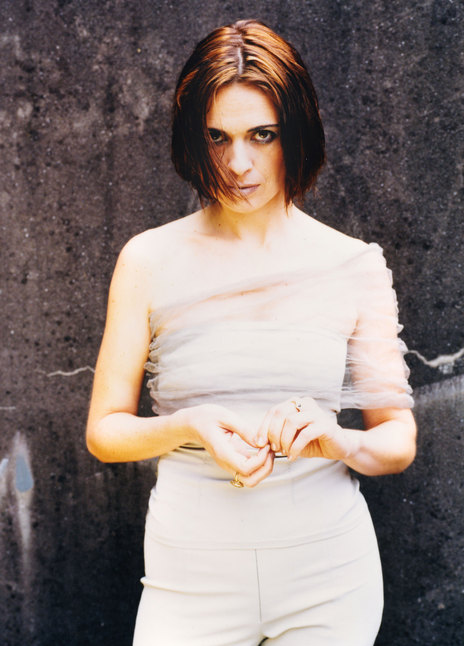
Publicity shot for for 1999's Melusine single
Photo credit:
Photo by Marissa Findlay
Jan Hellriegel - Viva Voce (live at the Gluepot 1990)
Love and Conviction, 2019
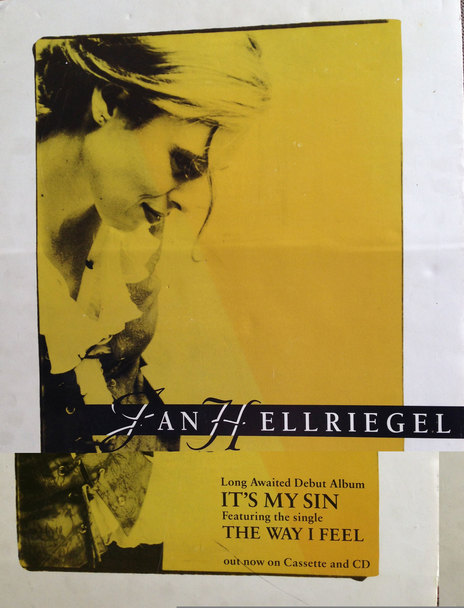
The WEA poster for 1992's It's My Sin album
Jan Hellriegel - Sentimental Fool
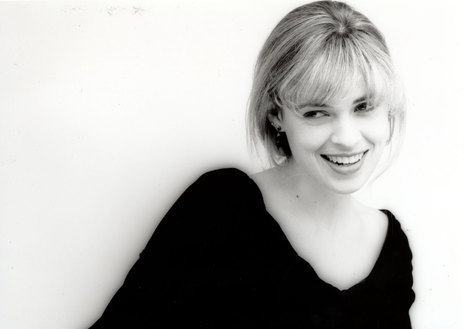
A mid-1990s Warner Music publicity shot
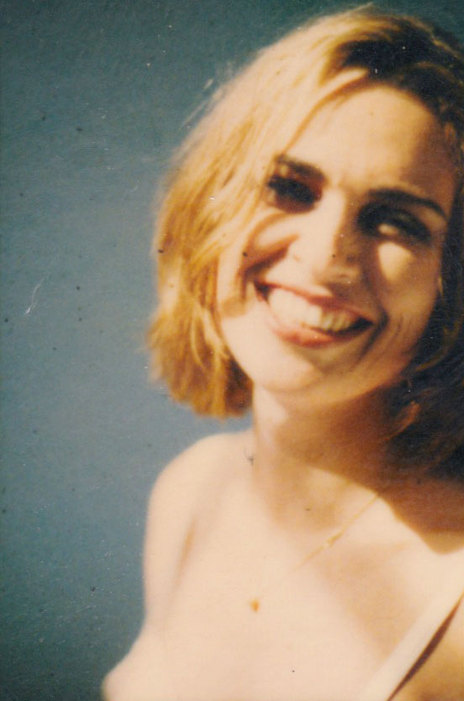
A polaroid from the shoot for cover of 1997's Sentimental Fool single
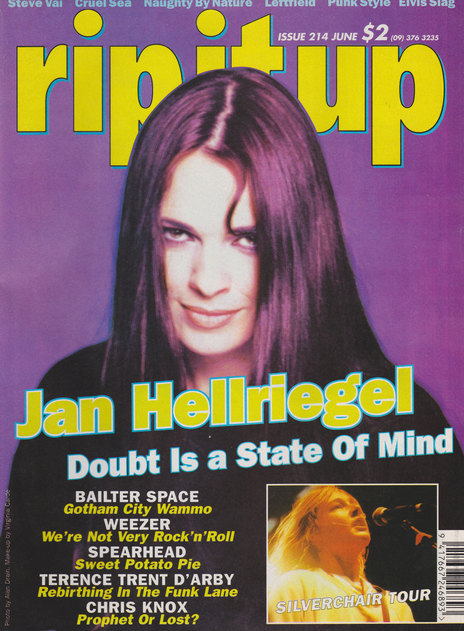
Rip It Up June 1995. Cover photo by Alan Drain.
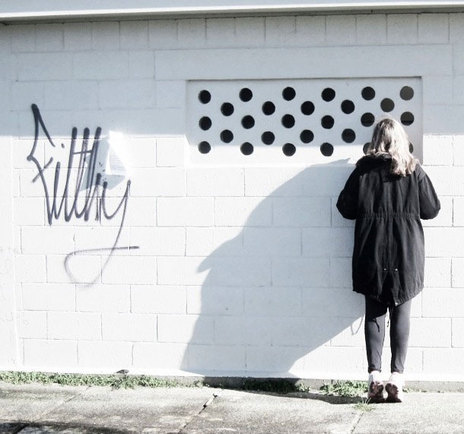
Jan Hellriegel, taken for the Venus Is Dead single, 2013
Photo credit:
Photo by Martin Brown
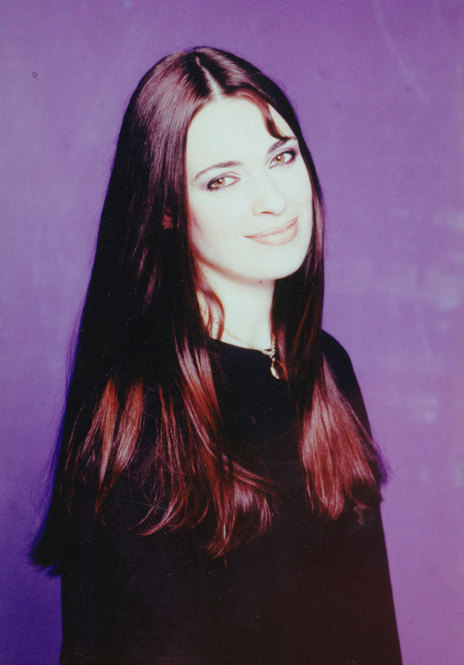
Jan Hellriegel, Rip It Up June 1995 cover shoot by Alan Drain.
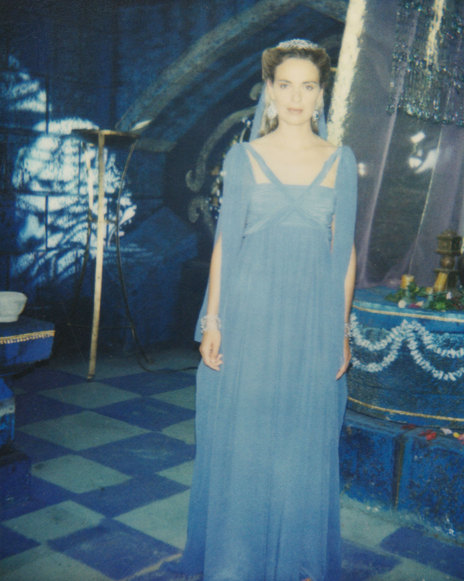
Jan Hellriegel on Xena: Warrior Princess
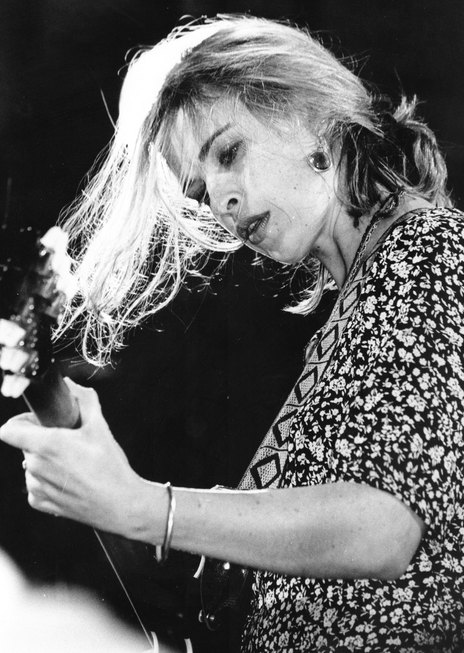
Mountain Rock Festival, January 1993
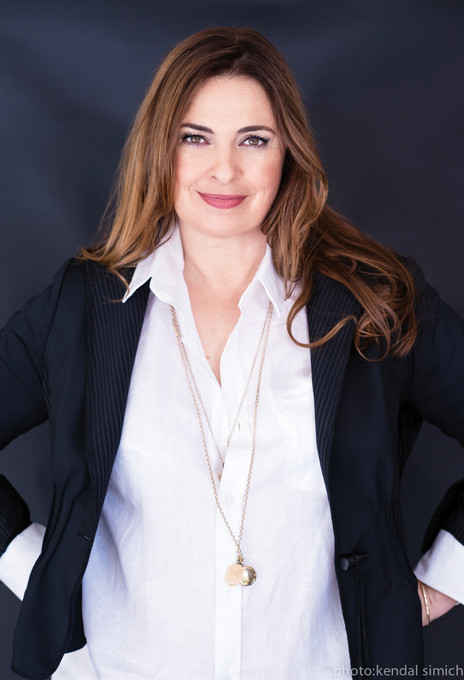
Jan Hellriegel.
Photo credit:
Kendal Simich
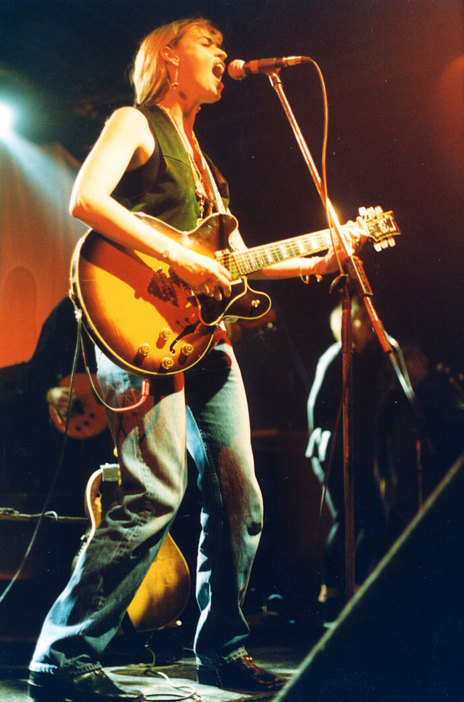
Jan Hellriegel on her 1992 New Zealand tour
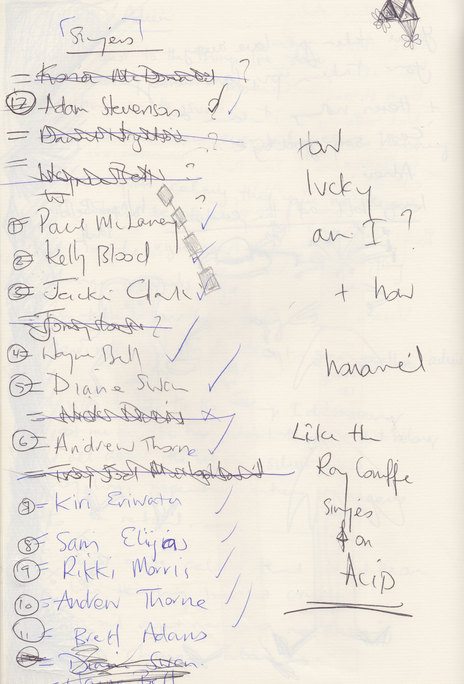
The backing chorus lineup for 2009's Goodbye Adieu
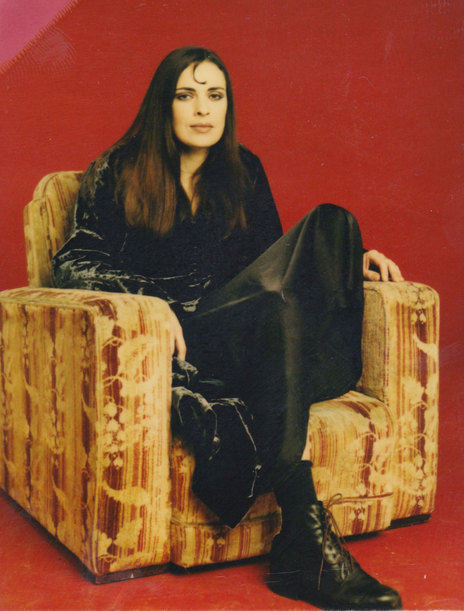
Tremble publicity shot
Jan Hellriegel - 2 x 2 (from All Grown Up)
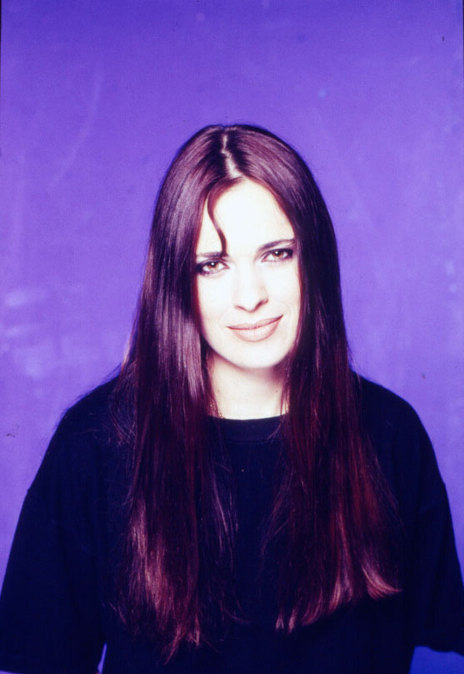
Jan Hellriegel, Rip It Up June 1995 cover shoot by Alan Drain.
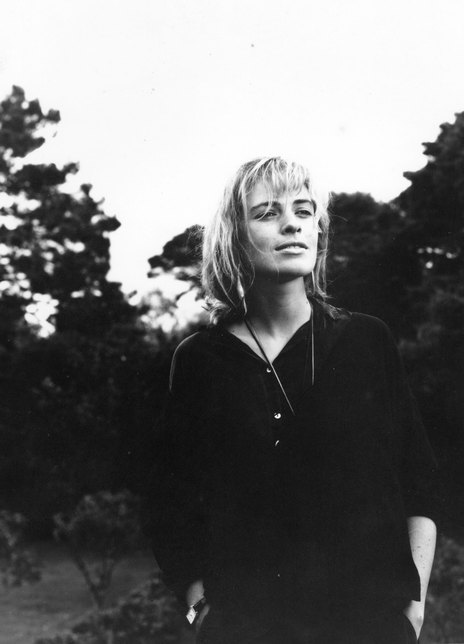
Jan Hellriegel in 1992-3, during a period where she was briefly blonde
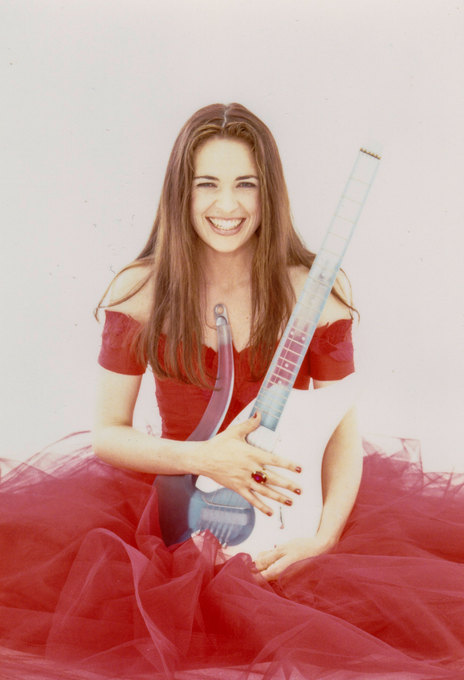
From a More magazine photo shoot, 1995
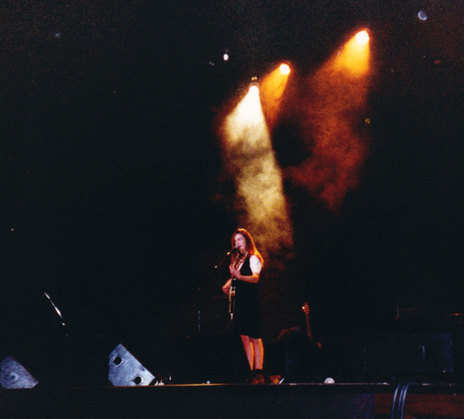
Jan Hellriegel solo in Melbourne in the 1990s
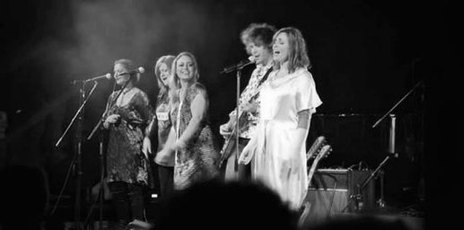
The All Grown Up show at the Civic Wintergarden in October 2009
Photo credit:
Photo by Michelle Cutelli-Male
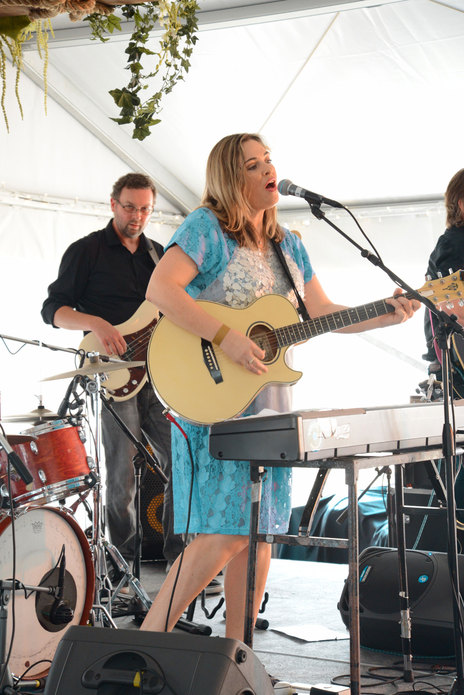
Jan Hellriegel at Riverhead Festival
Jan Hellriegel - Geraldine (from Tremble)
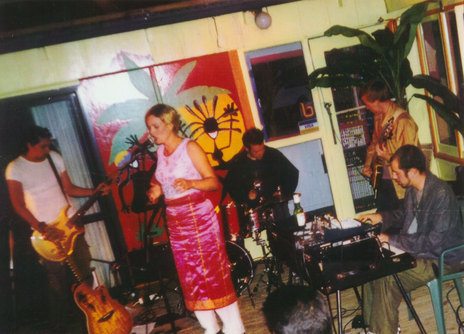
Jan Hellriegel with Mark de Clive-Lowe on Waiheke
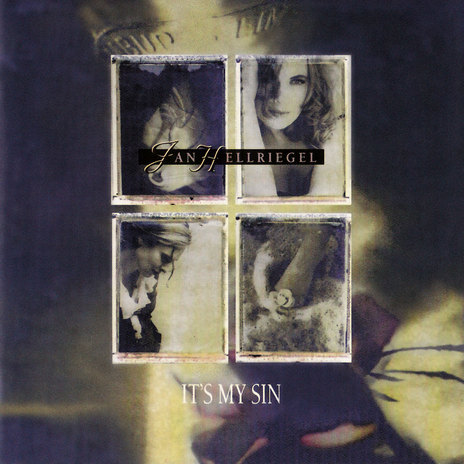
It's My Sin, Jan's debut album released in 1992
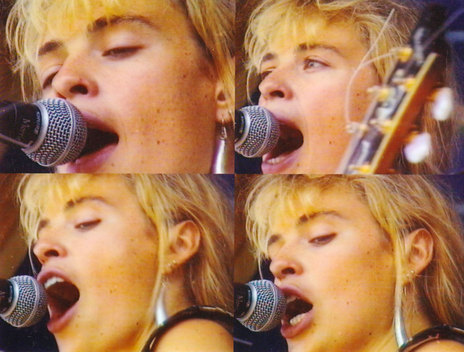
Jan Hellriegel, 1990
Jan Hellriegel - Melusine
Jan Hellriegel - Burger Generation (live at the Gluepot 1990)
Jan Hellriegel - The Way I Feel (1992)
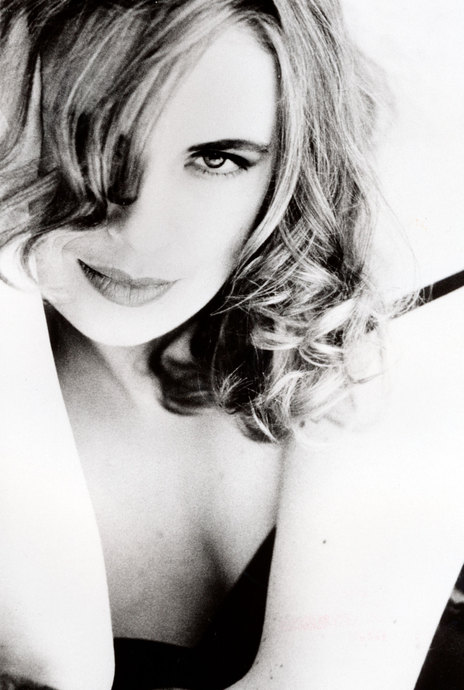
Jan Hellriegel, 1992
Cassandra's Ears - Silver Sheen (1988)
Jan Hellriegel on RNZ's NZ Live, 23 August 2019
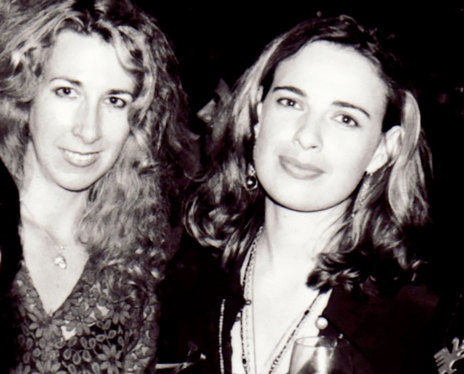
Rip It Up writer Donna Yuzwalk and Jan Hellriegel in the mid-90s
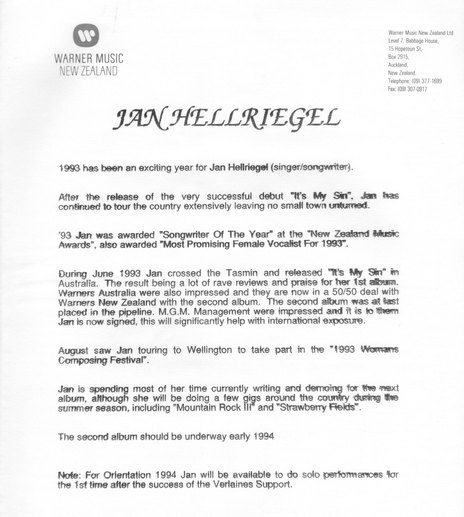
1993 Jan Hellriegel press release
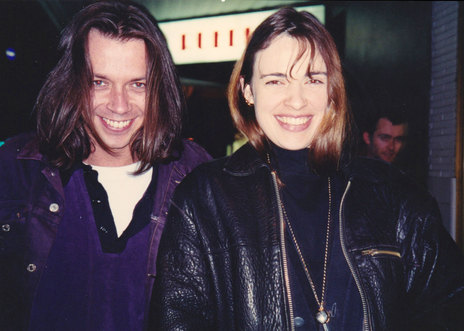
Producer Daniel Denholm and Jan Hellriegel in the mid-90s
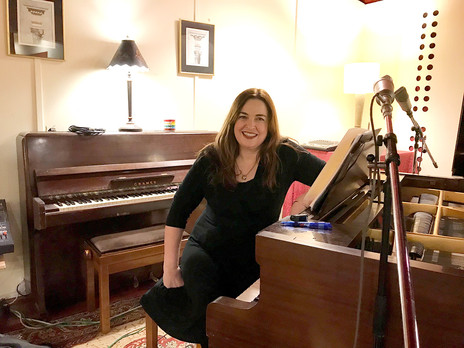
Jan Hellriegel during the recording of Sportsman of the Year, 2018
Jan Hellriegel - Manic (Is A State of Mind) - from Tremble
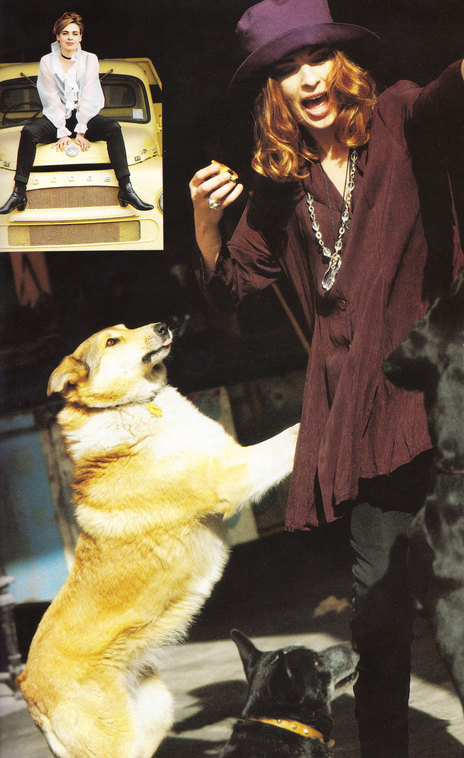
A page from a 1992 Fashion Quarterly feature
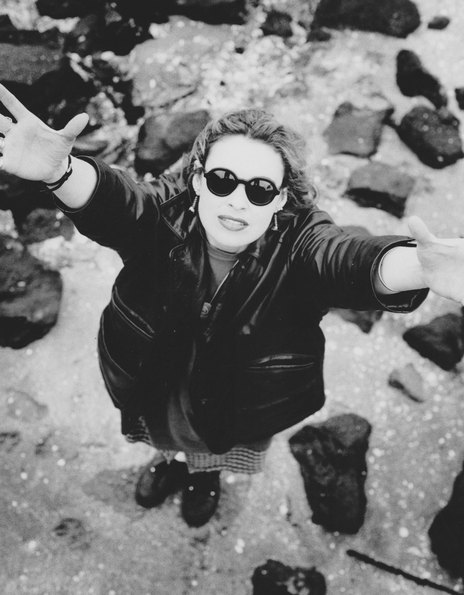
Jan Hellriegel, 1992
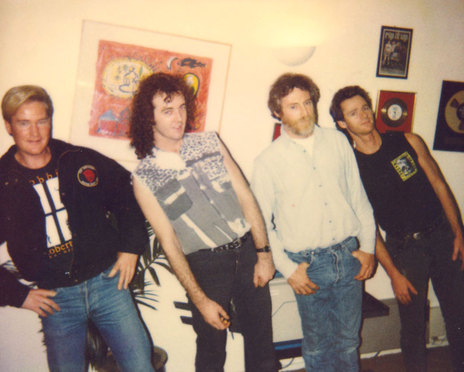
The band at Auckland's Airforce Studios in Eden Terrace to record It's My Sin in 1991 with J.D. Souther: Mark Bell, Tony Lumsden, J.D. Souther and Mark Petersen
Links:
Greg Fleming on Jan Hellriegel, NZ Herald, 2019
Five wāhine toa of the industry, 2019
Jan Hellriegel on RNZ's The Mix Tape, 2017
The road to Songbroker, by Jan Hellriegel
Trivia:
In 1999 the Greg Churchill remix of Melusine became a substantial Auckland club and dance radio hit and was placed on several club compilations
















